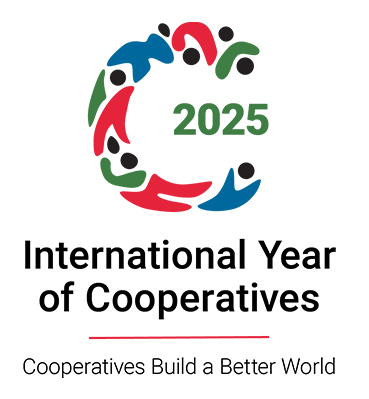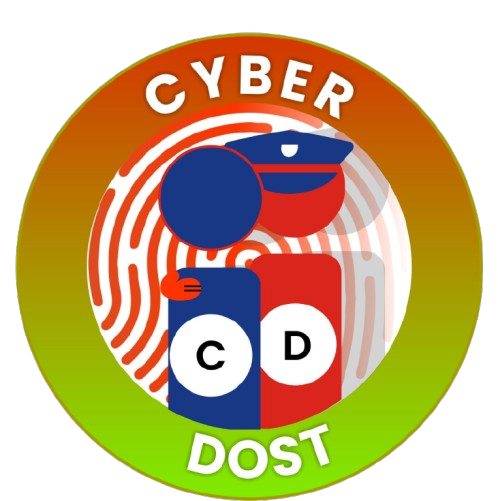Programme’s brief :
- Sahyogini:The Commission has a family counseling unit called ‘Sahyogini’ from the time of its inception in 1997. Sahyogini has a panel of Members, usually 5 in number, each of them are assisted by lawyer who guides them in laws related to women. Sahyogini exercises the powers of a civil court to ensure compliance of its summons for witnesses and for evidence.
The complaints which are registered at helpdesk are marked to one of the Members who summon both the parties for hearing and counseling. Often disputes are settled through counseling and families are reconciled. A follow up is also maintained about the cases handled by the unit. The number of cases handled by the unit has been steadily increasing since its inception. Through ‘Sahyogini’ the Commission has created a friendly space where sensitive family issues can be discussed, counseling taken and reconciliation attempted at the pre litigation stage.
Middle Level - The purpose behind setting-up a Middle Level Layer consisting Lawyers in order to rectify the problem of overburden of cases registered with Members and thereby make the complaint handling system more effective so that the complainant will get relief without any delay. Roles and responsibilities of the Middle Level Layer will be to work as middle level layer between Helpdesk and Members. Provide legal opinion in cases. Seek status report from other authorities/stakeholders. Provide counseling to the parties in specific cases before referring them to Members. Take decision regarding closure of cases registered with Helpdesk, but sent to MHL for necessary action.
Helpdesk: Helpdesk is the face of the Commission. It is the first point of contact for any woman who has sought assistance from the Commission, with a hope to get the relief to her issues. Commission has always been vigilant to help out the women in distress in the best possible way. Helpdesk was set up in October, 2015 in the Commission to provide immediate help to the Complainants who visit the Commission seeking help. It is a resource intended to provide the assistance to the complainants with information and support and also to provide first hand counseling to the aggrieved person as a first step towards resolving the grievance. It is the point from where complaints are diverged to different Programs and Members within the Commission or to other stakeholders for further action, after providing initial help.
- Rape Crisis Cell- The Hon’ble High Court of Delhi in the Writ Petition (Crl.) No. 696/2008 titled ‘Delhi Commission for Women Versus Shri Lalit Pandey and another’ passed comprehensive guidelines to be followed by the police, hospitals/doctors, child welfare committees, courts, prosecutors and other authorities. This includes setting up of ‘Rape Crisis Cell’ & ‘Crisis Intervention Centres’ by the Delhi Commission of Women. This cell is to provide legal assistance in the cases of sexual assault and coordinate with the Crises Intervention Centres and provide legal support to the victim and her family. Presently the Commission has empanelled 40+ Legal Counsel in its RCC Cell placed in district courts.
Crisis Intervention Cell: Crises Intervention Centre as an agency recognized by the Delhi Police and Delhi Commission for Women (DCW) for responding to calls of sexual assault at the police station to provide counseling and other support services to victims of rape. The Commission has empanelled 10 NGOs in 11 districts as CIC wherein 2-3 counselors are appointed from February 2016 onwards. In order to strengthen the crisis intervention cell of the Commission regular training of its partner organization has been taken up, regular monitoring and action research is another aspect which require fulltime following staff. - Mobile Helpline: The Mobile Helpline service was launched by Commission in July 2009. It is an initiative taken by the Commission for immediate rescue/assistance of women who are victims of domestic violence and such related forms of atrocities. Earlier there were 5 MHL in NCT of Delhi. The MHL project was expanded from 8th March 2016 it is implemented in all 15 police district via 23 MHL vans.
- MahilaPanchayat: Presently 79 MahilaPanchayat offices are being run NGOs at ground level in various part of Delhi. This Program of DCW is an advocacy initiative and additional community level grievance redressal mechanism at grassroot level of petty women related issues such as Domestic Violence etc. To further strengthen the project various efforts are being made such as continuous monitoring & Supervision. On the job training of staff working in the program. Commission is in the process of resurrecting the Mahila Panchayat program on scrutinizing the current programme it has arrived to the conclusion to increase the outreach of the programme to slums and resettlement colonies which are more crime prone area for women. To fulfill this objective there is a requirement to appoint an adequate number of capable staff which will coordinate on daily basis between the NGOs, Police and other stakeholders.
- 181 WHL - 181-Women Help Line the Delhi Commission for Women is running the Women Helpline 181 since 11 February 2016. Earlier it was being run by the Department of Women and Child Development, Government of NCT of Delhi. The 24 hours active Women Helpline has marked a new phase in ensuring safety of girls and women in Delhi. The Helpline aids the state to provide safety and security to women in distress as well as provide care and rehabilitation.
- New Initiatives:
Crime Against Women and girls Research Cell: The function of commission as mandated in the DCW Act 1994, calls for investigation and examination of all matters relating to safeguards provided for women under the constitution and other laws (Section 10 (i)). Section 10 (g) calls for special studies or investigations into specific problems or situations arising out of discrimination and atrocities against women and identify the constraints so as to recommend strategies for their removal. Section 10(j) entrusts the commission with the duty to evaluate the progress of the development of women in the capital. These functions require the commission to undertake a great deal of research, for which someone in the relevant field is required.
Acid Watch Cell: Indian Penal Code was amended on the 2nd of April 2013 with the passing of ‘The Criminal Law (Amendment) Act, 2013. The amendment resulted in insertion of section 326A and 326B for specifically dealing with Acid violence.The acid watch cell is a new initiative by the DCW to monitor acid attacks, the sale of acid, victim compensation and undertake research activities
Antihuman Trafficking and Rehabilitation Cell: According to UNODC report, Delhi is one of the emerging hubs and transit points for trafficking. Delhi is emerging as a destination and transit point. DCW has taken cognizance of this menace and formulated a new project initiative through policy advocacy, research, rescue and rehabilitation of trafficked victim in Delhi.
Media Advocacy Cell: One of the mandates of the Commission is to give recommendations for the effective implementation of those safeguards for improving the conditions of women in the Capital. Therefore advocacy and media campaign becomes an essential function of the Commission for strategic use of mass media to advance public policy initiatives.
Cyber Crime and Harassment Cell - Crime against Women on virtual space or cyber harassment is a common part of online life that colors the experiences of many web users. Fully 73% of adult internet users have seen someone be harassed in some way online and 40% have personally experienced it, according to a survey. While the rising graph of cyber harassment in India has been illustrated above, the cyber policing is not an equal priority for the authorities as of yet. There is a huge void in the response of the authorities on crime against women on cyber space. Often victims of such crime are unable to report it to the authorities for lack of awareness and accessibility to crime against women. Therefore, it is the need of the hour to bridge this gap and ensure proper reporting of crime against women on cyber space. The Ministry of Women and Child Development has recognized this fact and has stated that cyber police needs to be strengthened as this is not a priority area for them as yet. The Ministry has setup an online grievance redressal mechanism for the same. On the lines of the various cells of the Commission, the proposed cyber harassment cell of the Commission shall:- Act as a facilitator for complainants to register their complaints with authorities.
- Monitor the response/ action taken by the authorities on such complaints.
- Ensure requisite action and effective redressal of complaints.
- Ensure awareness of legal rights of women on these issues.
- Provide recommendations to the authorities on further improvements in the response towards cyber harassment.


 Delhi Commission for Women
Delhi Commission for Women


